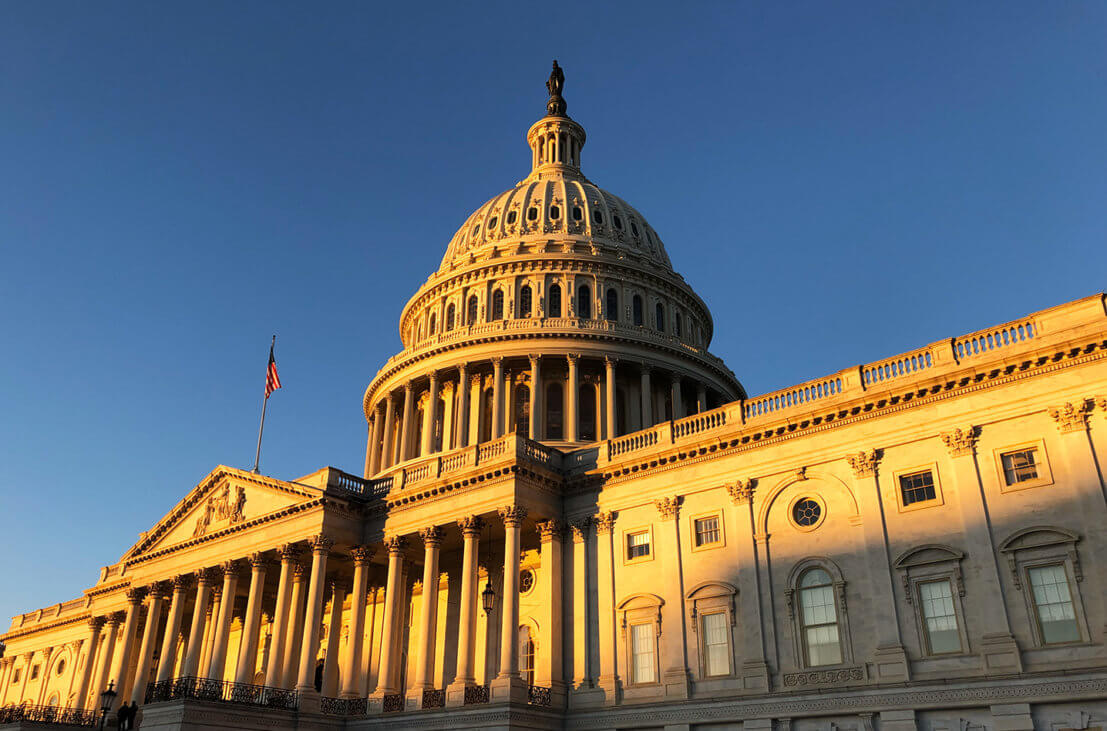
Oct. 15, 2022
NBAA has signed on to a letter urging congressional leaders to reverse a change in the tax code that will make it more difficult for businesses to deduct research and development (R&D) expenses, warning that the change “threatens jobs and innovation in America.”
The letter was signed by businesses and trade associations that collectively employ millions of Americans.
“For nearly 70 years the tax code has recognized the importance of research and development by allowing businesses to fully deduct their R&D expenses in the same year,” the letter stated. “However, beginning this year, businesses must amortize or deduct these expenses over a period of years, making R&D more costly to conduct in the U.S.”
“R&D is essential to aviation innovation across the country, aiding in creating new technologies and well-paying jobs that allow the United States to remain competitive globally,” said NBAA President and CEO Ed Bolen.
The businesses and trade associations warned that the change would lead to losses in well-paying jobs and dampen future innovation-directed R&D.
“Requiring the amortization of research expenses will reduce R&D spending and lead to a loss of more than 20,000 R&D jobs in the first five years with the number of lost jobs rising to nearly 60,000 over the following five years,” the letter stated. “Moreover, when accounting for the spillover effect from R&D spending, nearly three times as many jobs will be affected.”
The hundreds of signatories to the letter noted that the change makes the United States one of just two developed nations that requires amortization of R&D expenses.
China, meanwhile, is going in the other direction: it provides “a super deduction for R&D expenses up to an extra 100% of eligible R&D expenses in addition to actual R&D expenses. At a time of increasingly fierce global competition for research dollars, this change will make it harder for the next R&D dollar to be spent in the U.S. which will ultimately hurt future U.S. competitiveness.”
Finally, the change poses a risk to American national security.
“As the National Science and Technology Council has noted, R&D investments ‘are essential to ensure that the United States remains able to secure and protect the American people in the face’ of other countries increasing support for R&D,” the businesses and trade associations pointed out.


 International Business Aviation Council Ltd.
International Business Aviation Council Ltd.